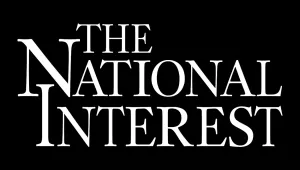- Former Visiting Associate Professor, College, College of the Holy Cross, Worcester, Massachusetts
- Former Associate, International Security Program, 2022–2023
- Former Research Fellow, Cyber Security Project, 2017–2018
- Former Research Fellow, International Security Program, 2002–2009
-
Former Associate, International Security Program, 2022–2023
Former Research Fellow, Cyber Security Project, 2017–2018
Former Research Fellow, International Security Program, 2002–2009
17
results
Filter by
Filter
Your search did not return any results. Please try another search.





